Spam calls are a growing concern in Chicago, mirroring global urban challenges. Nonprofit organizations combat this issue by raising awareness, educating residents about do-not-call registries, and offering legal guidance through partnerships with local experts, including Chicago's dedicated spam call lawyers. Their community-focused approach combines education and legal support to empower individuals, drive policy changes, and create a safer digital environment for Chicagoans, making them leaders in the fight against unwanted automated calls.
Chicago’s vibrant nonprofit landscape plays a crucial role in tackling a modern nuisance—spam calls. With an estimated 40 million unwanted robocalls made daily, this growing concern impacts millions of Americans, including Chicagoans. Nonprofits, with their community-focused mission, are uniquely positioned to lead awareness campaigns. This article explores effective strategies and highlights the importance of partnerships with local legal experts in combating spam calls. Discover how nonprofits can empower residents, reduce fraud, and connect them with resources, even inspiring legislative change, while also serving as a trusted lawyer for spam call Chicago solutions.
Understanding Spam Calls: A Growing Concern in Chicago

Spam calls have become a growing concern in Chicago, much like in many urban areas across the globe. With the advancement of technology, scammers and telemarketers now have access to sophisticated tools that enable them to make automated, unwanted phone calls on a massive scale, targeting countless residents at once. These spam calls can range from harmless marketing messages to deceptive sales pitches, and even fraudulent schemes designed to steal personal information or money. In Chicago, where communication is often centered around vibrant communities and diverse neighborhoods, the impact of these nuisance calls can be particularly disturbing.
Chicago’s nonprofit organizations play a pivotal role in combating this issue due to their community-focused initiatives and commitment to consumer protection. By raising awareness about spam calls, nonprofits empower residents with knowledge, enabling them to recognize and report suspicious activities. Additionally, these organizations often collaborate with local legal aid groups and lawyer for spam call Chicago specialists to offer guidance and support to those affected by unsolicited phone calls. Through education, advocacy, and practical assistance, nonprofits contribute significantly to creating a safer and more informed community in the face of this modern-day nuisance.
The Nonprofit Sector's Unique Perspective on Consumer Protection
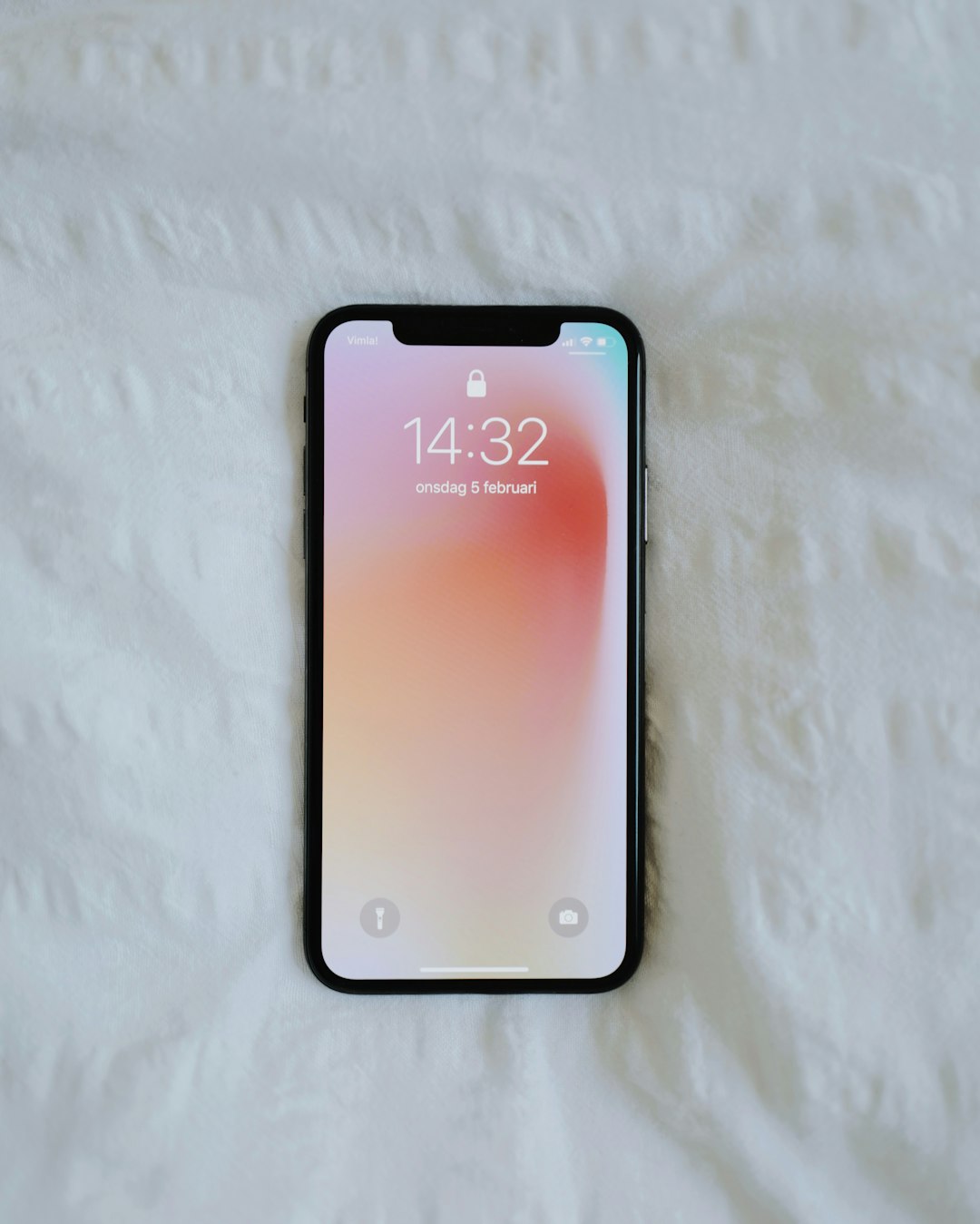
Chicago’s nonprofit sector brings a unique and invaluable perspective to the ongoing battle against spam calls. These organizations, dedicated to community service and social welfare, often have deep insights into consumer behavior and the challenges faced by everyday individuals. With their extensive networks and access to affected communities, nonprofits can effectively raise awareness about the harmful impacts of spam calls, providing essential education and support.
Unlike for-profit entities, nonprofits are driven by a mission to serve the public good, which means they have a more holistic view of consumer protection. Their work often involves empowering individuals to make informed decisions and advocating for policies that safeguard privacy and reduce unwanted communication. By partnering with legal experts specializing in spam call cases, such as Chicago lawyers, nonprofits can enhance their efforts, offering comprehensive solutions and ensuring the well-being of their communities.
Strategies for Effective Spam Call Awareness Campaigns
Nonprofits in Chicago play a pivotal role in raising awareness about spam calls, offering valuable insights and strategies to protect residents from unwanted telephone marketing. One effective approach is to educate communities on do-not-call registry options, empowering individuals to take control of their communication preferences. These organizations can host workshops or distribute informative materials that guide people through the process of registering their numbers.
Additionally, partnering with local law firms specializing in spam call litigation, such as a Chicago lawyer for spam calls, can amplify the impact. Together, they can create targeted campaigns, utilizing social media and community events to disseminate information about the harm caused by spam calls and the legal rights available to victims. By combining educational initiatives with legal support, nonprofits can drive meaningful change and ensure that Chicagoans are equipped to handle these persistent issues.
Collaborating with Local Legal Experts: A Key Partnership

Chicago’s nonprofits play a crucial role in raising awareness about spam calls, often leveraging their community connections and educational resources to fight this growing issue. A key partnership in these efforts involves collaborating with local legal experts, particularly those specializing in consumer protection laws. By joining forces, nonprofits can gain valuable insights into the legal framework surrounding spam calls, enabling them to craft more effective campaigns and provide accurate information to the public.
These partnerships facilitate the development of tailored strategies to combat spam calls, ensuring that the messaging aligns with the latest legal developments. Furthermore, local lawyers can offer guidance on how to navigate regulatory bodies and enforce laws against spammers, enhancing the impact of nonprofit initiatives. Such collaborations not only bolster the legal aspects of awareness campaigns but also foster a stronger, more informed community in Chicago.
Measuring Impact and Encouraging Community Engagement
Measuring the impact of nonprofit initiatives around spam calls is crucial for demonstrating their effectiveness to potential donors and partners. Organizations in Chicago can utilize data-driven methods, such as tracking call volumes before and after campaigns, surveying participants about their awareness and actions taken, and monitoring changes in consumer complaints related to spam calls. By quantifying these outcomes, nonprofits can showcase their contributions to creating a safer digital environment for the community.
Community engagement is another vital aspect of successful awareness campaigns. Nonprofits can foster collaboration by partnering with local businesses, schools, and government agencies to host educational events, workshops, or webinars on spam call prevention. Encouraging residents to participate actively through sharing personal experiences and reporting suspicious calls further amplifies the impact. A lawyer for spam call Chicago can also play a crucial role in these efforts by providing legal insights, helping to refine strategies, and ensuring compliance with relevant regulations.
